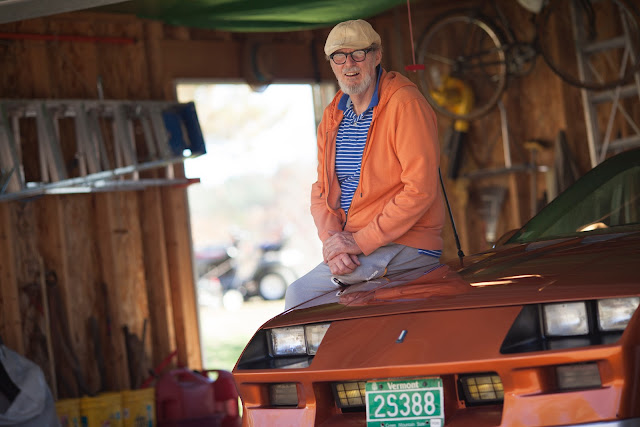Tuesday, November 24, 2015
Friday, November 20, 2015
Monday, November 9, 2015
* Ithaca Journal ---------------- Sadly Racism Still an Issue at Ithaca College
Link (browser window, not google search)
Sadly, racism still an issue at Ithaca College
Paul Keane 12:12 p.m. EST November 9, 2015

I was there, having graduated from Ithaca College the year before. I had remained at Ithaca to teach three freshman English courses at the college and so had a flexible schedule to attend the teach-in.
I persuaded Ithaca College’s president, Howard Dillingham, to endorse holding a similar teach-in at IC. The entire town had been shaken by a student protest that involved students armed with guns and rifles, and so even tranquil Ithaca College went along with the idea that we needed to learn about this new grievance — racism.
I invited Cornell history professor Andrew Hacker, who had spoken eloquently to the Barton Hall teach-in, to speak at our smaller teach-in at Ithaca College, which at the time had about 2,000 students total.
Unlike Cornell, Ithaca did not shut down classes. Anyone attending the teach-in had to use one of the three excused “cuts” they were allowed per class. After three, at Ithaca College in 1969, students lost credit for the course, no matter what the excuse, illness included.
We were stunned and gratified when more than a third of the student body — 825 students — showed up at the student union ballroom for the teach-in, many willingly using one of their three “cuts” to attend. Most of us were white and had never heard of the word “racism.”
Sadly, 46 years later, Ithaca College is hearing the word “racism” ring in their ears these days, with students even staging a “no confidence” vote in their youthful, white president, Tom Rochon.
This is profoundly ironic, since the steps he has taken to respond to their complaints of institutional racism are almost as dramatic as Cornell shutting down classes for its five-day Teach-in on Racism 46 years ago. Rochon has called for students, faculty and staff to engage in institutional soul-searching about racial and cultural bias, and has put administrative projects on hold to allow the college to do so.
If only college presidents had been so flexible and responsive in the 1970s.
I left Ithaca in 1969 for a graduate school English program at a midwestern university I had never heard of before 1969, a school which paid my room, board and tuition and a small salary to be a graduate counselor in its dorms. The school’s name? Kent State University.
Paul Keane is a 1968 graduate of Ithaca College and taught freshman English courses there in 1969. Along with Peter Davies, author of “The Truth About Kent State,” he established the Kent State Collection at Yale University’s Sterling Memorial Library in 1977, preserving documents related to the 1970 killing of Kent State students by Ohio National Guardsmen.
Saturday, November 7, 2015
Subscribe to:
Posts (Atom)








